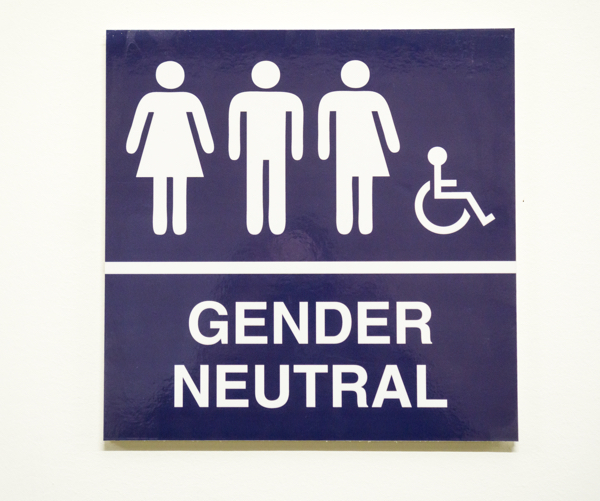A staff member of the Italian bishops' conference criticised a new law allowing citizens to create advance directives because the law makes it possible for patients to refuse artificial nutrition and hydration.
While the Catholic Church has no objection to encouraging patients to consider treatment decisions that may have to be made in the future, the current bill has "huge gaps" and pits a patient's freedom against the freedom of conscience and professional expertise of medical doctors, said Father Massimo Angelelli, head of the Italian bishops' conference's office for pastoral ministry in health care.
While the bill does not legalise euthanasia or assisted suicide, Father Angelelli said that it "represents a form of approval of euthanasia in disguise" because it allows people to consider nutrition and hydration a form of "treatment" and, therefore, something that can be refused.
"Providing a person food and drink is not (medical) treatment. It is the normal sustenance of human life," the priest told Vatican Radio on 14 December. The Italian senate passed the bill 180 to 71 with six abstentions earlier the same day.
The law is "not well written," Father Angelelli said, and it is not clear if it truly protects the rights of patients. Catholic hospitals and doctors will now be faced with the dilemma of compliance with a law of the state that goes against the commandment of "thou shall not kill," he said.
The Catholic Church supports informed consent for patients as well as the right to avoid excessive treatments of a "therapeutically obstinate nature," that is, medical or surgical treatment, including life-support equipment when it does not offer reason able hope for recovery.
In a speech in mid-November to European members of the World Medical Association, Pope Francis said people who are dying must be accompanied with the love of family members and the care of medical professionals, but there is no requirement that every means available must be used to prolong their lives.
"Even if we know that we cannot always guarantee healing or a cure, we can and must always care for the living, without ourselves shortening their life, but also without futilely resisting their death," he said.
Determining what measures amount to "therapeutic obstinacy" or "overzealous" treatment, and are therefore either optional or even harmful, he said, requires discernment and discussion with the patient, the patient's family and the caregivers.
"From an ethical standpoint," the pope said, withholding or withdrawing excessive treatment "is completely different from euthanasia, which is always wrong, in that the intent of euthanasia is to end life and cause death."



 Loading ...
Loading ...